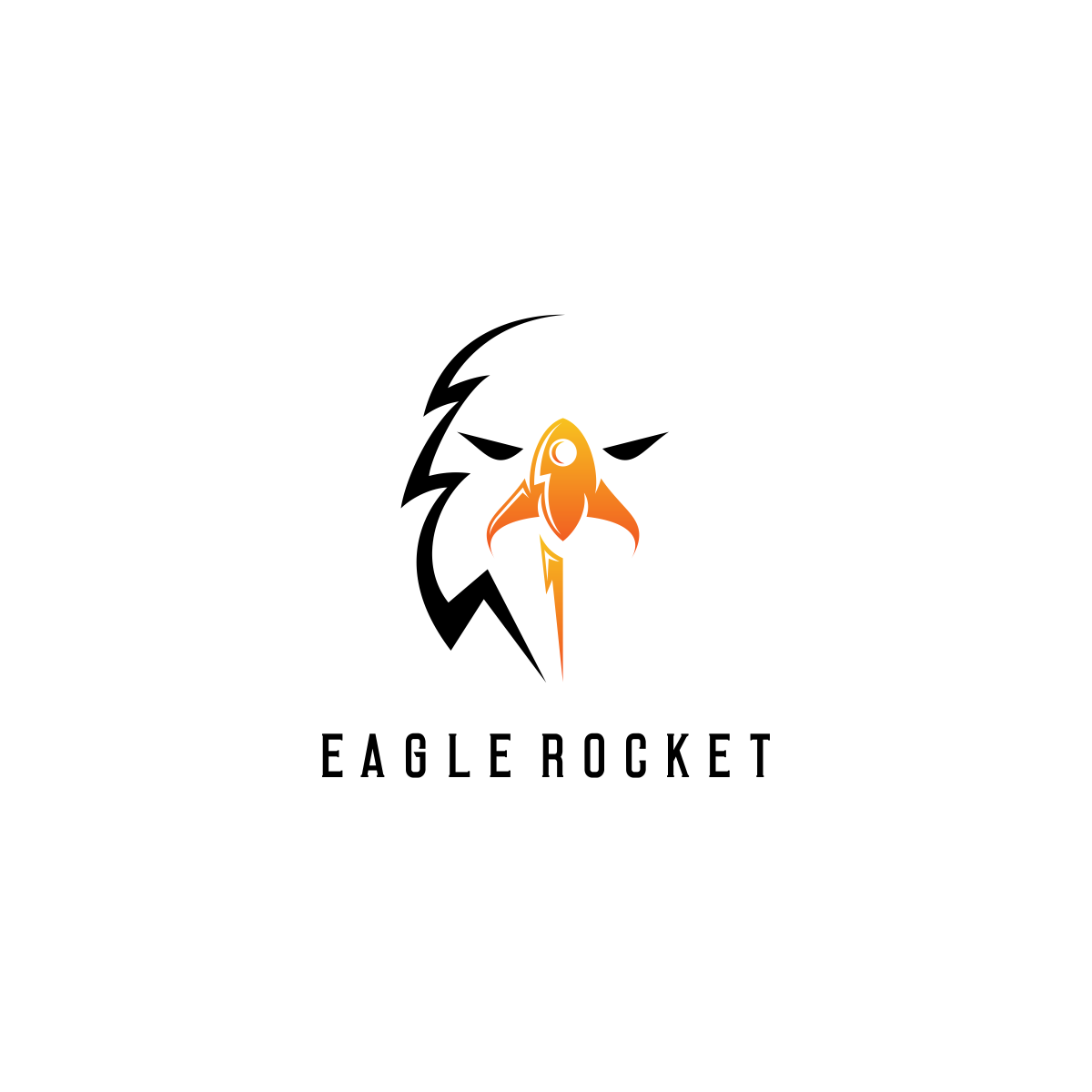The remote work landscape continues to evolve, leaving behind a lasting impact on businesses and employees alike. As we embrace 2025, the debate surrounding remote working has shifted from mere flexibility to a well-established practice that offers numerous advantages for corporations that choose to hire remotely. While headlines may focus on return-to-office mandates and adjustments within big tech firms, many companies remain committed to a flexible working culture. In this article, we delve into the benefits of hiring remotely, explore emerging trends, and highlight key opportunities available to those looking to thrive in this changing environment.
Redefining Work-Life Balance Through Remote Hiring
One of the foremost benefits of hiring remotely is the significant improvement in work-life balance for employees. Many workers now prioritize flexibility, and remote work facilitates this by allowing individuals to create schedules that suit their personal and professional needs. According to recent findings, employees with access to flexible work arrangements exhibit lower levels of burnout and higher overall job satisfaction. It’s no wonder that over 54% of remote-capable workers desire fully remote arrangements, as reported by a 2023 survey.

Combatting Burnout with Flexibility
The modern worker faces several stressors, ranging from long commutes to workplace dynamics. Remote work allows individuals to minimize exposure to these stressors, making it easier to manage personal responsibilities alongside professional duties. Research indicates that those who embrace flexible working arrangements report feeling less exhausted single arm and more engaged in their day-to-day tasks. With 27% of remote employees expressing a greater enthusiasm for their roles, companies willing to offer remote positions are not just attracting talent; they are fostering a healthier workplace culture.
Environmental Benefits of Remote Work Practices
Remote hiring isn’t just advantageous for employees; it also contributes to a greener planet. Carbon emissions are significantly reduced when individuals work from home, as commuting contributes heavily to greenhouse gas emissions. Reports suggest that working from home could potentially cut one’s carbon footprint in half, providing an additional incentive for companies to embrace remote work as a core aspect of their operations. As sustainability becomes a central theme for many organizations, adopting remote work practices aligns with corporate social responsibility goals.
Access to a Broader Talent Pool
Hiring remotely opens up doors to a diverse range of talent that may not be accessible through traditional hiring methods. Companies are no longer restricted by geographical boundaries and can benefit from the skills of individuals from divergent backgrounds and experiences. By utilizing platforms such as RemoteOK, We Work Remotely, and FlexJobs, employers can tap into a global workforce equipped to address their needs.
Diverse Skillsets Accessible Anywhere
The challenge faced by many employers is not only finding talent but discovering those with the right skills tailored to their niche. Remote hiring facilitates collaboration with experts from around the world, who may possess specialized skills that are scarce within a certain region. For example, companies seeking software developers can search through GitHub Jobs or Upwork, finding candidates with unique skill sets and perspectives that elevate their projects.
Creating Inclusive Work Environments
Embracing a remote workforce allows organizations to champion inclusivity in their hiring processes. Teams can be composed of individuals from various cultural, socio-economic, and educational backgrounds. This diversity not only enriches workplace culture but also fosters innovation as different perspectives converge on problem-solving. Companies aiming to build their reputation as inclusive workplaces can benefit significantly by leveraging remote hiring strategies.
Cost Efficiency for Companies
Recruiting remotely not only benefits employees but also results in substantial cost savings for organizations. The overhead associated with traditional brick-and-mortar operations can be hefty. By shifting to a remote hiring approach, companies can save on office space, utilities, and other related expenses. A significant number of firms have already begun reducing their physical office spaces in favor of hybrid or fully remote work models.
| Expense Category | Traditional Office Costs | Remote Work Savings |
|---|---|---|
| Office Space Rental | $8,000/month | $0 |
| Utilities | $2,000/month | $0 |
| Office Supplies | $1,000/month | $500/month |
| Total Monthly Costs | $11,000/month | $500/month |
Rerouting Funds Towards Innovation
With substantial savings derived from reduced overhead costs, organizations can redirect these funds towards more innovative pursuits, such as research and development, employee training, and new product launches. This strategic allocation of resources allows companies to remain competitive in a rapidly changing market.
Enhancing Employee Productivity
Employers often observe an upsurge in productivity among remote employees. Freed from the distractions typical of traditional office environments, workers tend to focus better and accomplish tasks more efficiently. Studies reveal that remote employees, on average, complete 4.4 more hours in a workweek than their in-office counterparts. By offering remote positions, companies can foster a culture of trust and autonomy, leading to improved employee morale and job satisfaction.
Technological Advancements Driving Remote Work
The continuous development of technology further propels the remote working model forward. With advancements in communication tools and project management software, teams can collaborate seamlessly from various geographic locations. Applications like Zoom, Slack, and Trello have become staples for remote teams, allowing effective communication and project tracking. In 2025, organizations will depend on these tools more than ever to maintain connectivity.
Implementing Efficient Collaboration Tools
To maximize the effectiveness of a remote workforce, companies must invest in technological solutions that streamline collaboration. By adopting cloud-based tools and data-sharing applications, organizations can ensure all team members have access to essential information. Enabling transparent communication channels fosters a supportive and productive digital environment.
Driving Innovation Through Technology
Technology empowers businesses to adopt innovative practices that weren’t viable in traditional office settings. By leveraging digital collaboration, companies can enhance brainstorming sessions, conduct virtual workshops, and revamp their training programs. Such flexibility promotes creativity and allows businesses to maintain agile working structures.
Engaging Employees Through Remote Opportunities
Hiring remotely can significantly enhance employee engagement. When team members work from various locations, organizations can adopt a more inclusive approach to engagement initiatives. Creating a remote work community leads to more meaningful connections amongst employees, transcending geographical barriers.
Culture Building in a Remote Environment
Companies must intentionally foster a sense of belonging among remote employees. Crafting a strong organizational culture hinges on incorporating a variety of team-building practices tailored for remote interaction. Activities like virtual happy hours, online game nights, and collaborative brainstorming sessions promote engagement and connection, enhancing employee satisfaction.
Recognizing Achievements Across Geographies
Offering remote positions enables companies to showcase the diversity of their workforce, encouraging leaders to recognize and celebrate individual accomplishments, regardless of location. Transitioning traditional recognition programs to digital platforms can inspire motivation and retention among employees. By spotlighting unique contributions, organizations not only boost morale but also create a strong sense of loyalty.
Exploring Remote Hiring Platforms
As employers embrace remote working paradigms, various platforms facilitate the hiring process. Websites like AngelList, Working Nomads, and Remote.co offer curated lists of remote job opportunities, making it easier for businesses to find qualified candidates. Understanding how to navigate these spaces is pivotal for effective talent acquisition.
- Upwork: Ideal for freelance roles, offering a wide range of skillsets.
- FlexJobs: Focused on legitimate remote job listings across sectors.
- Toptal: Best for connecting with elite freelancers and experts.
- GitHub Jobs: Perfect for tech-focused positions.
- Remote.com: Specializes in helping businesses find remote workforces quickly.
Navigating the Remote Hiring Landscape
As the number of remote job seekers increases, employers need to position themselves as attractive choices in the competitive hiring landscape. Understanding the preferences and expectations of prospective employees will be crucial for engaging them effectively. Companies can highlight their remote culture, technology stack, and employee benefits to enchant potential candidates.
Conclusion: Shaping the Future of Work
As we move further into 2025, companies that prioritize remote hiring will reap the rewards associated with flexibility, diversity, and technological advancement. Employees value innovative workplaces that empower them to thrive, which will shape recruiting strategies for years to come. From improving work-life balance to gaining access to a broader talent pool, remote hiring will continue to stand as an integral component of successful businesses in the modern age.

